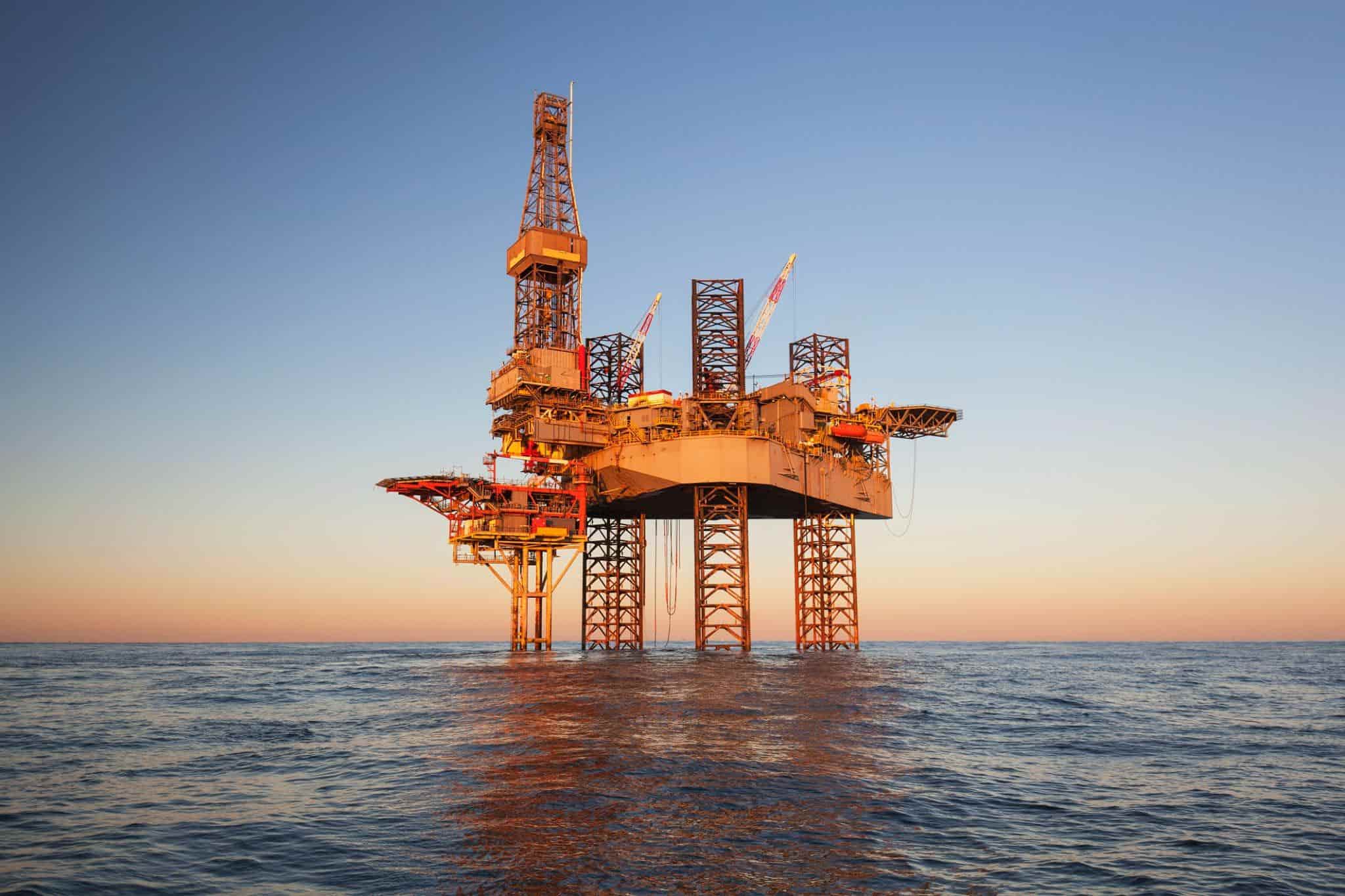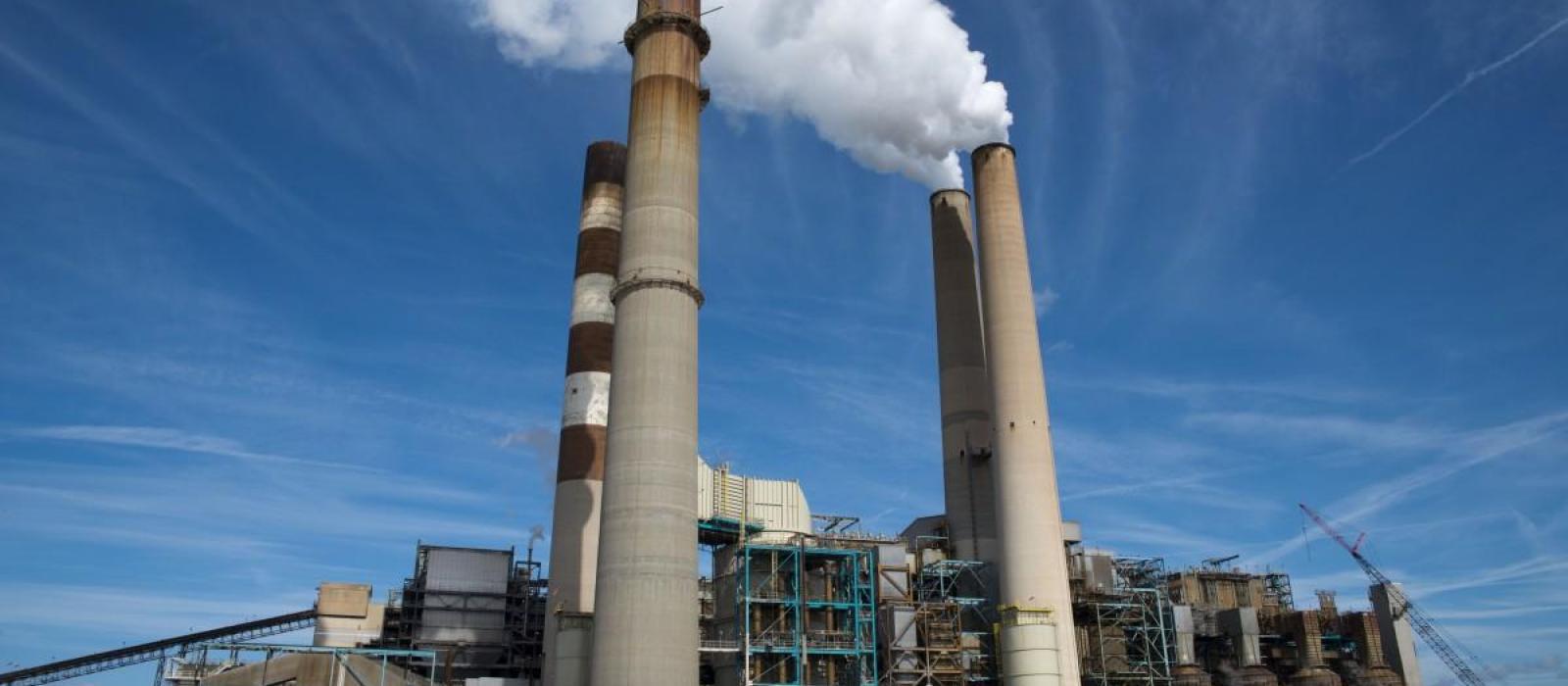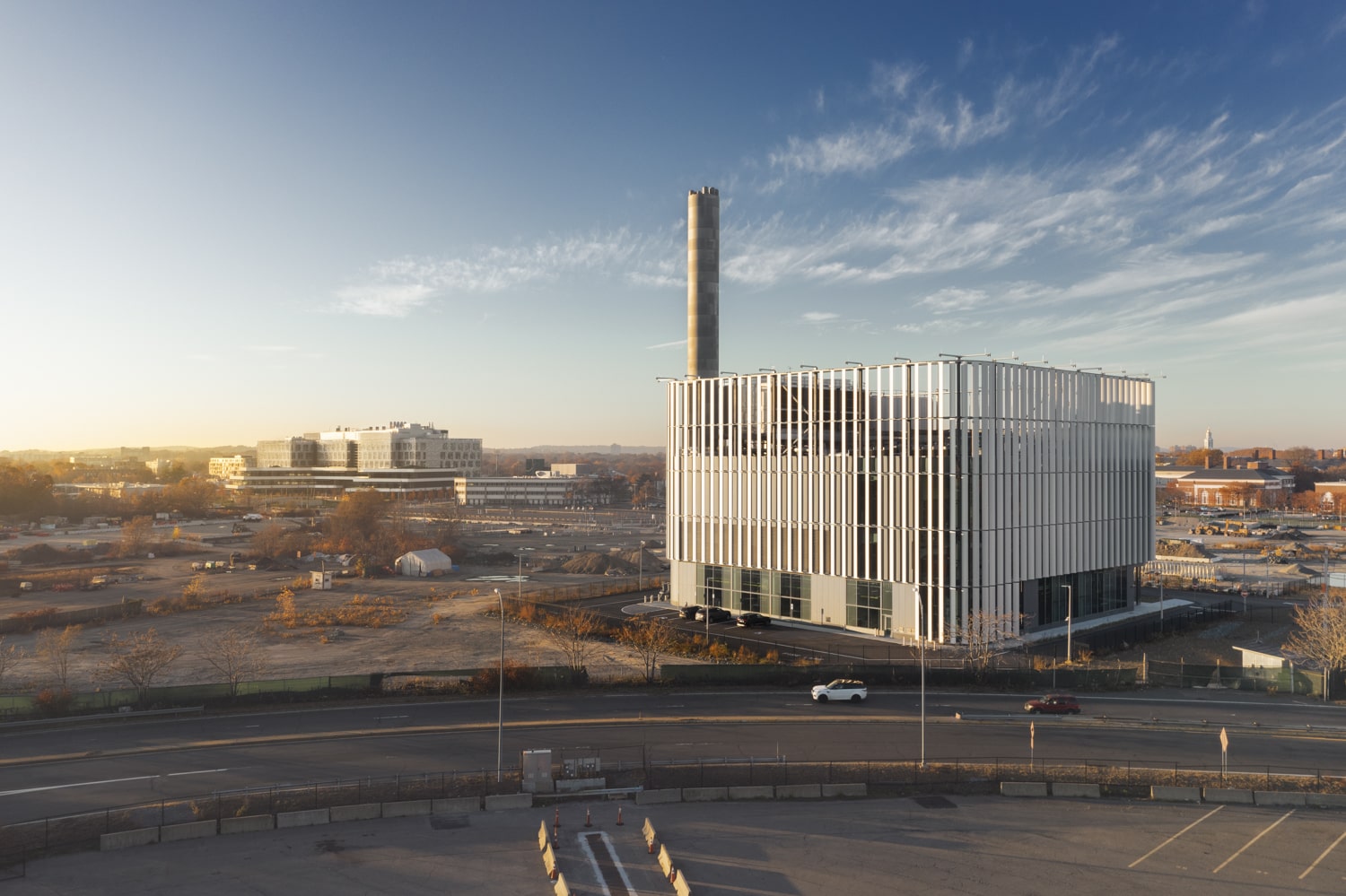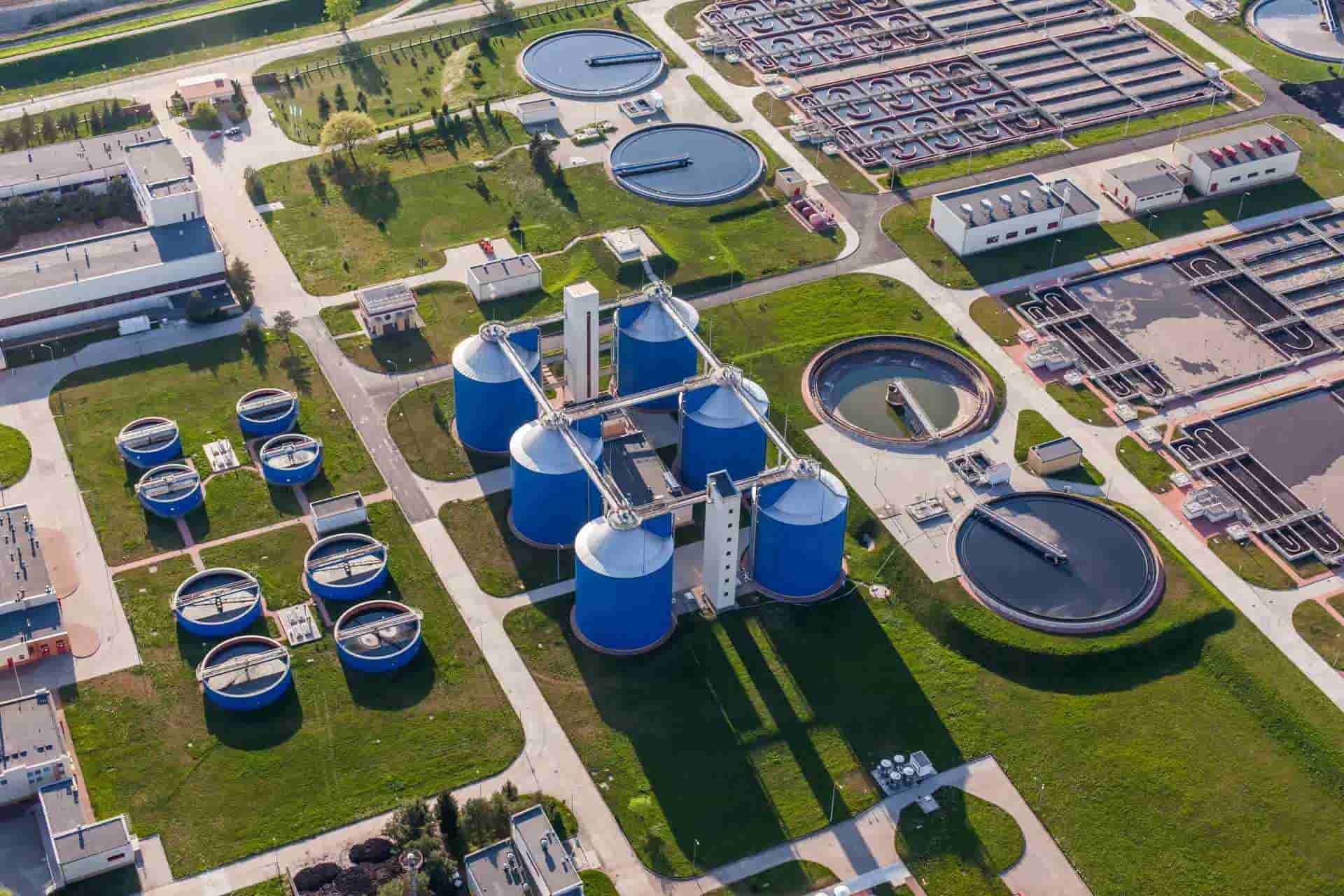As energy demand rises and expenses rise, the metallurgical industry struggles to fulfill its high power needs. Furnace gas, a byproduct of metal manufacture, can be used as a fuel for power generation.
In metal production, furnace gas provides a unique power solution. Companies can cut energy expenses and help the environment by capturing these gases.
Utilizing furnace gas for power production is cost-effective. The industry often receives these gases for free as a byproduct of metal manufacturing. By catching and utilising them as fuel for power generation, enterprises may reduce energy costs and boost profits.
Jenbacher Gas Engines: The Key to Effective Gas Power Generation
Jenbacher gas engines are essential for power generation from metallurgical production gases. These engines can handle coke, blast furnace, and converter gas.
Reliability, efficiency, and flexibility are Jenbacher gas engine hallmarks. They can work with a variety of gas types and calorific levels. Their versatility makes them excellent for using gases from metallurgical production processes, which might vary in composition.
These gas engines maximize gas energy conversion into power and heat. Jenbacher engines’ high electrical efficiency converts a large part of gas’s energy into useable power, eliminating waste and maximizing system efficiency.
Jenbacher gas engines are reliable and efficient. They’ve operated continuously in harsh industrial conditions. Industries that require uninterrupted power supply depend on this reliability.
Jenbacher engines integrate easily into existing power systems. Companies can sell extra electricity to the grid by running them parallel to the grid. This reduces energy expenditures and generates revenue.
Power Generation Potential of Coke Gas
Industrial coke manufacturing produces coke gas, which can generate power. Coke gas has 5 kWh/Nm3 calorific value due to its high hydrogen (50-60%) and methane (15-50%) content. This makes it a promising fuel for power generation, especially when used with Jenbacher gas engines, which enhance gas energy extraction.
Customized Solutions for Metallurgical Gas Power Generation
Gas power generating needs vary each metallurgical facility. We personalize solutions to your needs. Our experts will analyze your gas composition, volume, and other criteria to design an efficient, reliable power generation system. We assist your metallurgical gas power generation solution from design to installation and maintenance.
Composition of Gases
The composition of coke gas, blast furnace gas, and converter gas can vary, but here is a general overview of their typical compositions:
Coke Gas:
- Hydrogen (H2): 50-60%
- Methane (CH4): 15-50%
- Carbon monoxide (CO): Small percentage
- Carbon (C) and nitrogen (N): Present in smaller amounts
Blast Furnace Gas:
- Carbon monoxide (CO): Approximately 20%
- Nitrogen (N): Present
- Traces of methane (CH4) and hydrogen (H2)
Converter Gas:
- Carbon monoxide (CO): 60%+
- Hydrogen (H2): Present in smaller amounts
- Nitrogen (N): Present
Utilizing Gases for Efficient Power Generation
Gas-powered power generation is sustainable, cost-effective, and energy independent. Companies can minimize energy prices, pollutants, and security by capturing and using gases as fuel. Customized gas composition solutions optimize performance. Maintaining and supporting power producing systems maximizes their value.









